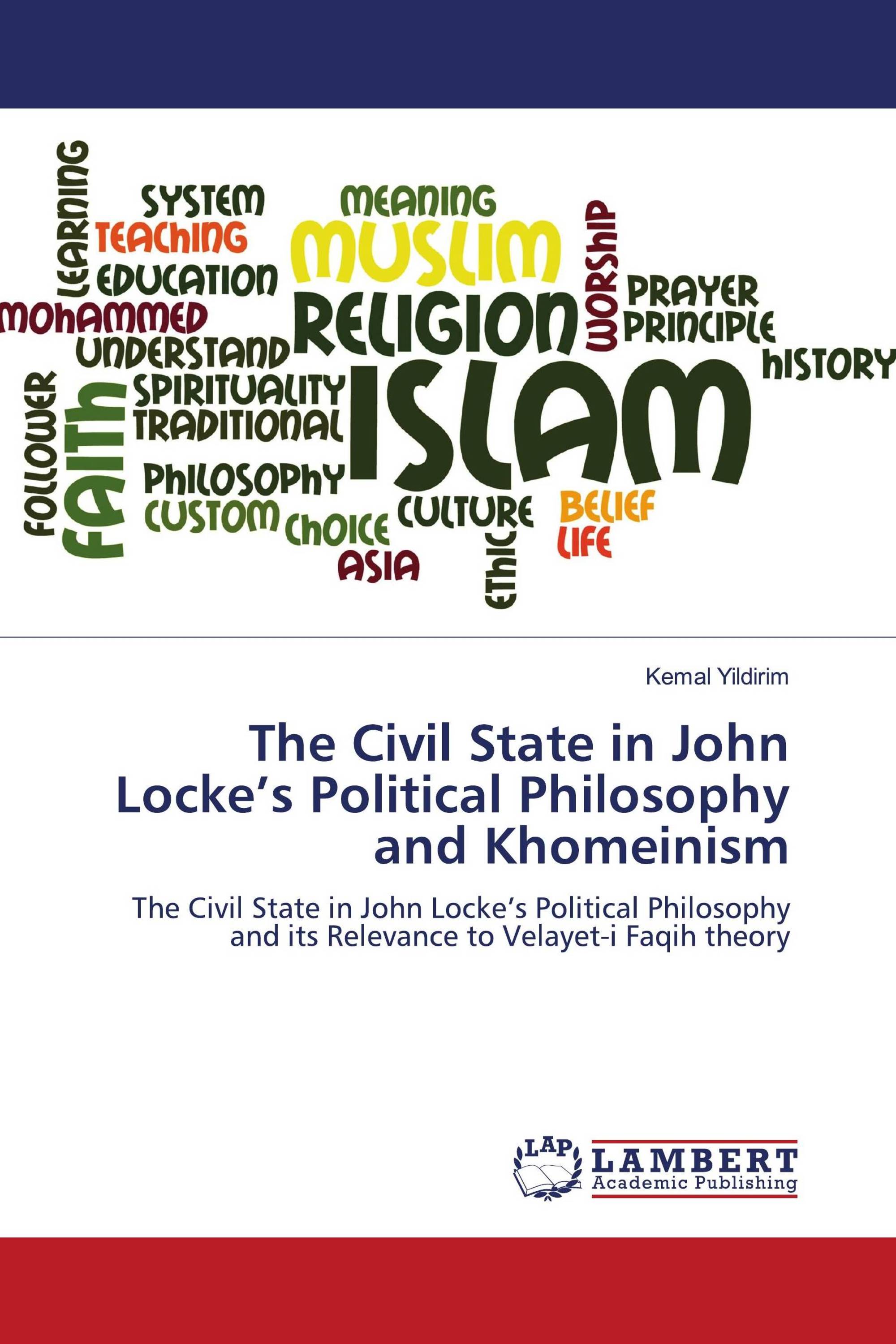The Civil State in John Locke’s Political Philosophy and Khomeinism
The Civil State in John Locke’s Political Philosophy and its Relevance to Velayet-i Faqih theory
€ 54,90
The concept of velayat-e faqih (in Farsi, or wilayat al-faqih in Arabic) transfers all political and religious authority to the Shia clergy and makes all of the state’s key decisions subject to approval by a supreme clerical leader, the vali-e faqih (guardian Islamic jurist). The supreme clerical leader (the faqih) provides guardianship (velayat) over the nation and, in doing so, ensures the top-down Islamisation of the state.Velayat-e faqih, which is rooted in Shia Islam, has historically been applied to justify limited clerical guardianship over a small section of the populace: those who were vulnerable and incapable of protecting their own interests, such as widows, orphans and the disabled. Its current form is a relatively new interpretation of the doctrine that was formulated in the early 1970s by the dissident Iranian cleric Ayatollah Ruhollah Khomeini. While in exile in Iraq in the years building up to Iran’s 1979 Islamic Revolution, Khomeini developed a theory of Islamic government that sought to transfer the political power of the Iranian state to the Shia ulema, or clergy.
Book Details: |
|
|
ISBN-13: |
978-620-2-79472-5 |
|
ISBN-10: |
6202794720 |
|
EAN: |
9786202794725 |
|
Book language: |
English |
|
By (author) : |
Kemal Yildirim |
|
Number of pages: |
124 |
|
Published on: |
2020-08-12 |
|
Category: |
Political theory and the history of ideas |
